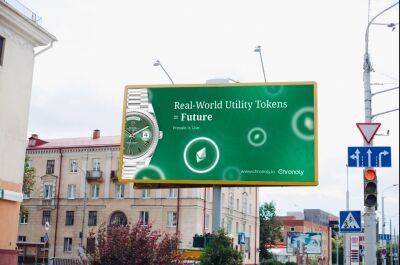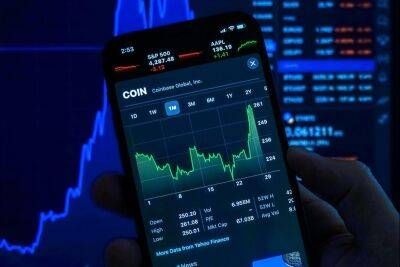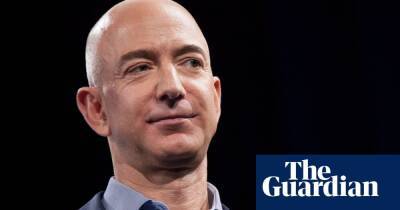Tesla shareholders are forgotten constituent in Elon Musk’s Twitter deal
Elon Musk’s public description of how he plans to run the Twitter show could currently be transcribed in fewer than 280 characters, so it’s not surprising that everybody, from EU commissioners down, is fretting about what happens when a maverick billionaire gets the controls of a divisive social media site.
The overlooked constituency in the excitement, however, is the shareholders in Tesla, Musk’s electric car company that has a better chance of making a positive contribution to civilisation. Its stock slumped 10% in early trading on Tuesday as the market digested the meaning of the boss’s latest adventure.
One obvious risk is sales of Tesla stock by Musk to fund the $21bn equity portion of the $43bn Twitter takeover package. Another is spill-over political effects, in the US and elsewhere. Jeff Bezos, another tech tycoon turned media owner, referenced the latter mischievously. “Did the Chinese government just gain a bit of leverage over the town square?” Tweeted Amazon’s founder.
It’s a good question because Bezos’s line of thinking is easy to follow. Twitter is blocked in China because the social media company, rightly, refuses to bow to Beijing’s security laws on what can be said about, say, the strangulation of democracy in Hong Kong or the persecution of Uyghur Muslims.
But Musk, wearing his Tesla hat, is a beneficiary of Chinese largesse in the form of financial incentives to build cars in China. Rich Chinese consumers are also big buyers of Teslas and key kit for the batteries comes from the country. What would happen if Beijing were to suggest that Twitter might wish to give the Chinese Communist party an easier ride in the interest of smooth commercial relationships for Tesla? Chinese officialdom, one suspects,
Read more on theguardian.com

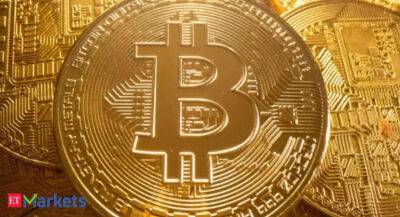

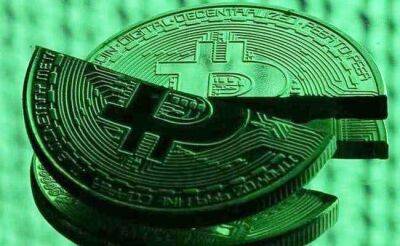
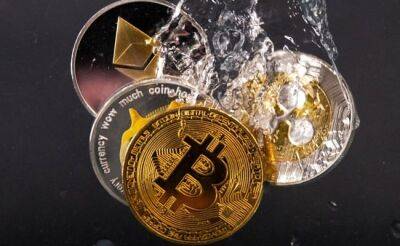


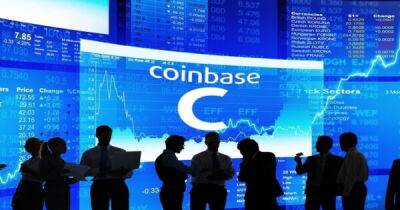

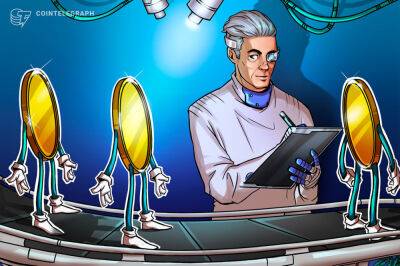
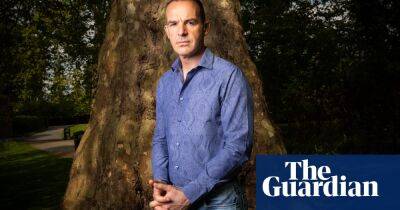
![Is XTZ [Tezos] poised to leverage strong growth during the next hike up - ambcrypto.com](https://finance-news.co/storage/thumbs_400/img/2022/5/25/27085_4fg.jpg)
![Ethereum [ETH] pulls off something unexpected amid $1.9 billion in losses - ambcrypto.com - city Santiment](https://finance-news.co/storage/thumbs_400/img/2022/5/25/27084_5sihg.jpg)
